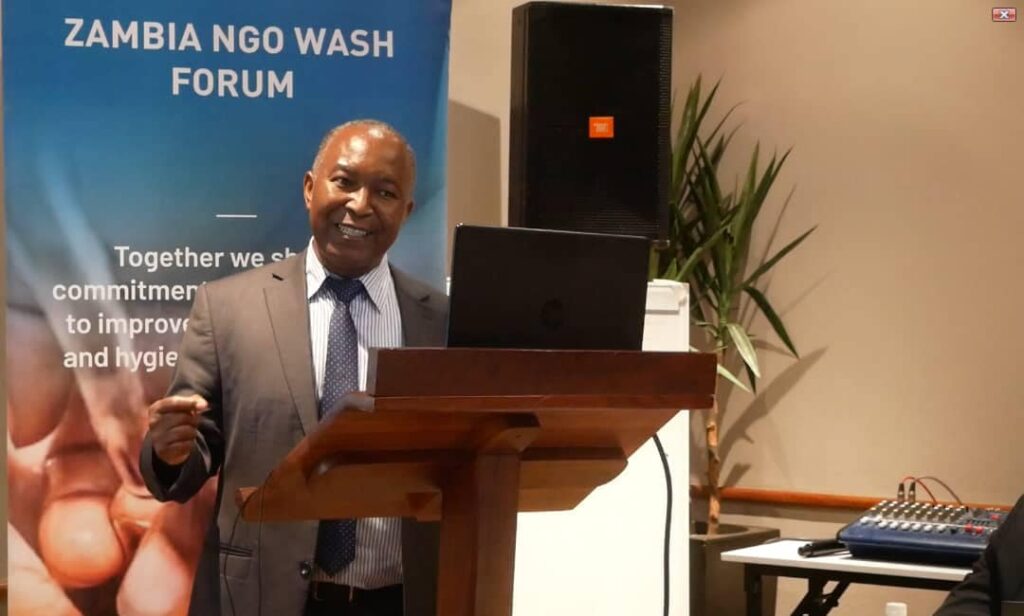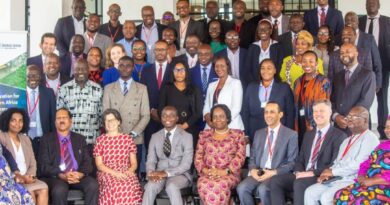Engineer Calls for Stronger Regulations to Prevent Borehole Pipe Corrosion
Engineer Javan Nkhosi, a Water, Sanitation, and Hygiene (WASH) expert, has called on the Zambian government to implement stronger regulations to combat the persistent issue of borehole pipe corrosion.
Speaking at the Civil Society Organizations (CSO) WASH Sector Quarterly Meeting, organized by the Zambia NGO WASH Forum, Nkhosi highlighted the urgent need for regulatory reforms to protect water infrastructure.
Nkhosi’s concerns stem from long-standing issues of pipe corrosion, exacerbated by Zambia’s low-pH groundwater. During his presentation, Nkhosi referenced his thesis, which analyzed water supply sustainability in Zambia’s Chongwe District, and noted that water from hand pumps often turns bitter, smells unpleasant, and shows visible rust, rendering it unsafe for drinking.
This issue, he revealed, has been known for over 30 years, with historical instances such as the Central Province Rural Water Supply Project (1985-1996) documenting similar corrosion problems.
The solution, he noted, has been the use of stainless steel riser pipes, as implemented in countries like Ghana and Uganda.
Nkhosi urged the government to revise the national water policy and enforce special regulations that mandate corrosion-resistant materials for water systems.
He also recommended providing incentives to the private sector and enhancing the quality standards for hand pumps to ensure long-lasting solutions.
This call to action is backed by studies from organizations such as UNICEF and was supported by the Zambia NGO WASH Forum’s National Coordinator, Bubala Mumba Muyovwe, who urged immediate cooperation to guarantee clean drinking water for all.



